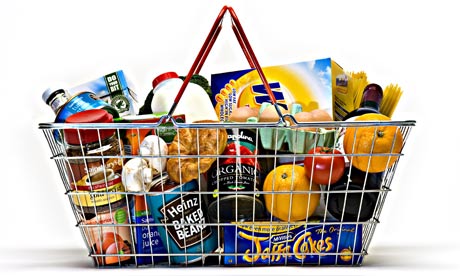In recent times, Nigeria has witnessed a disturbing trend – the proliferation of counterfeit products, ranging from well-known brands of soy sauce to sardine cans and even household staples like Heinz mayonnaise. This surge in fake goods not only raises concerns about consumer trust but also poses significant health risks.
Counterfeit products, often masquerading as trusted brands, have flooded the Nigerian market in alarming numbers. From popular condiments like Amoy soy sauce to everyday essentials like canned sardines and globally recognized brands like Heinz mayonnaise, Wines and popular beverages and ber such as malta guiness, skin products and ointments from vaseline and other well known brands.no sector seems immune to the infiltration of fake goods.

this illegal act of counterfeiting has infiltrated the pharmaceutical companies where drugs like emergency contraceptives are now fake and are in circulation i the market.

the replication of packaging and branding has become so sophisticated that distinguishing between genuine and counterfeit items has become an arduous task for consumers.
Possible Health Implications
1. Unsafe Ingredients:
One of the gravest concerns associated with counterfeit products is the use of substandard and sometimes dangerous ingredients. In the case of food items like soy sauce, sardines, and mayonnaise, consuming counterfeit versions could expose individuals to harmful substances that pose serious health risks, ranging from allergies to more severe complications.
2. Lack of Quality Control:
Genuine products undergo rigorous quality control measures to ensure they meet health and safety standards. Counterfeit items, however, sidestep these processes, leading to a lack of oversight in production. This absence of quality control increases the likelihood of contamination, improper storage, and other factors that compromise the safety of the products.
3. Impact on Nutrition:
In the case of food products, such as counterfeit sardine cans, the nutritional value may be compromised. Substituting quality ingredients with cheaper alternatives not only affects taste but can also result in inadequate nutritional content. This poses a particular threat to individuals who rely on these products for their dietary needs.
4. Microbial Contamination:
Counterfeit products are often produced in unsanitary conditions, making them susceptible to microbial contamination. Consuming such products can lead to foodborne illnesses, causing symptoms like nausea, vomiting, and diarrhea, which can be particularly dangerous for vulnerable populations.
5. Long-Term Health Consequences:
Continuous exposure to substandard or counterfeit products may have long-term health consequences. Chronic conditions, organ damage, and compromised immune systems are potential outcomes, especially when individuals unknowingly consume harmful substances over extended periods.
Bottom Line
it’s important to research on the ways to identify the fake from the original and report local stores that are selling fake products. ensure to check the NAFDAC number on each product to affirm its originality.
By fostering collaboration between regulatory bodies, manufacturers, and consumers, Nigeria can work towards mitigating the risks associated with fake products and safeguarding public health. It’s time to address this issue head-on and create a safer, more reliable marketplace for all.















